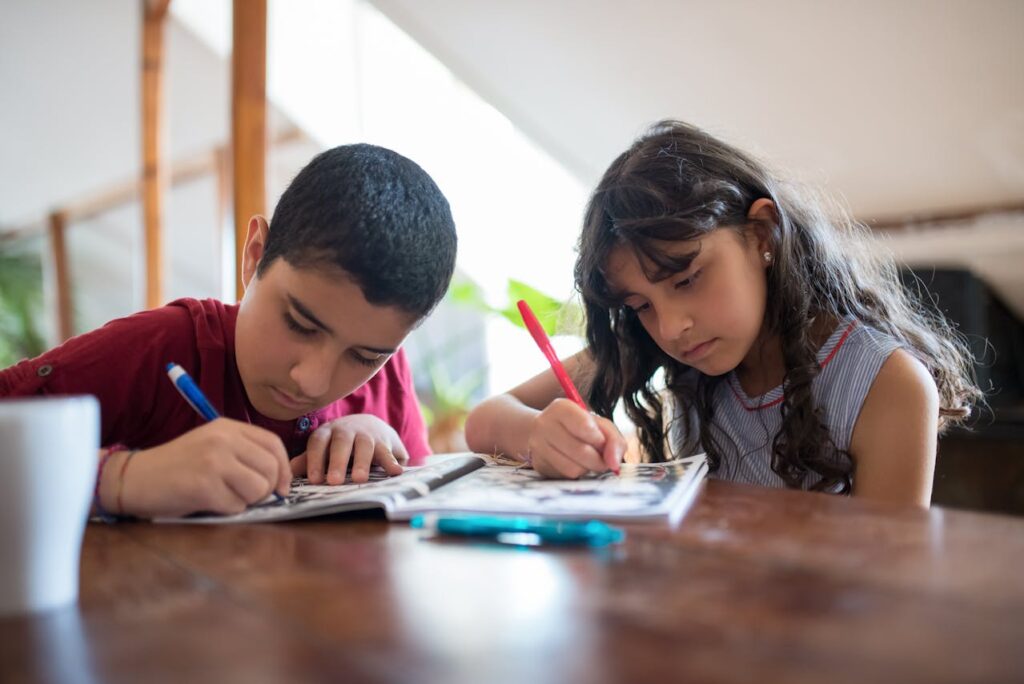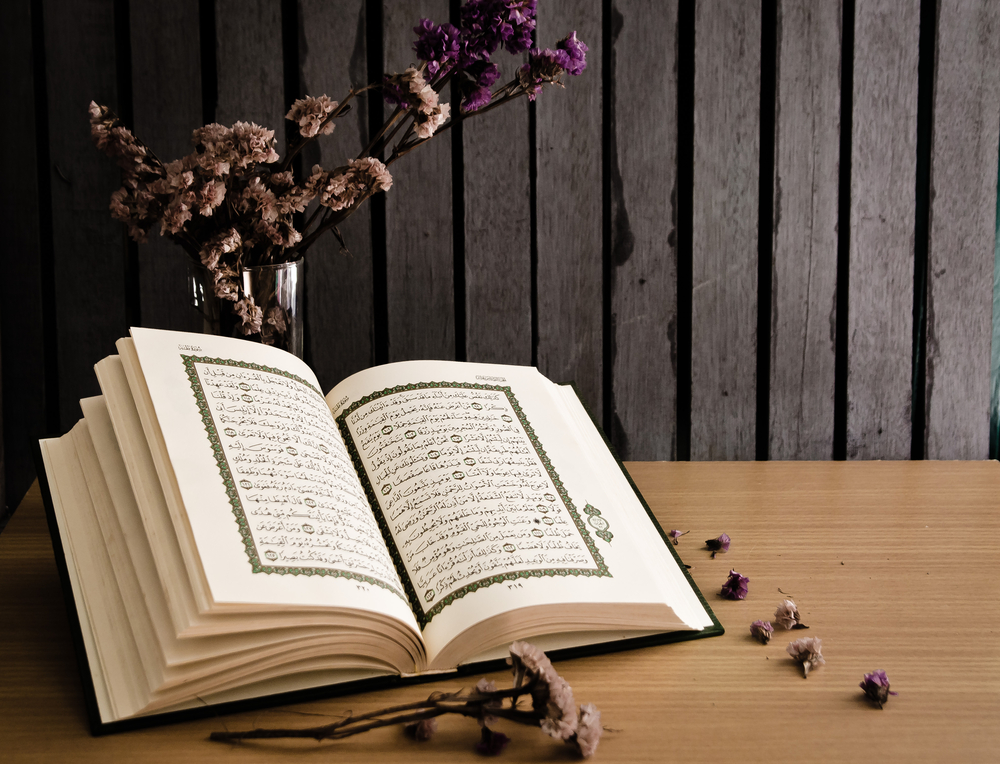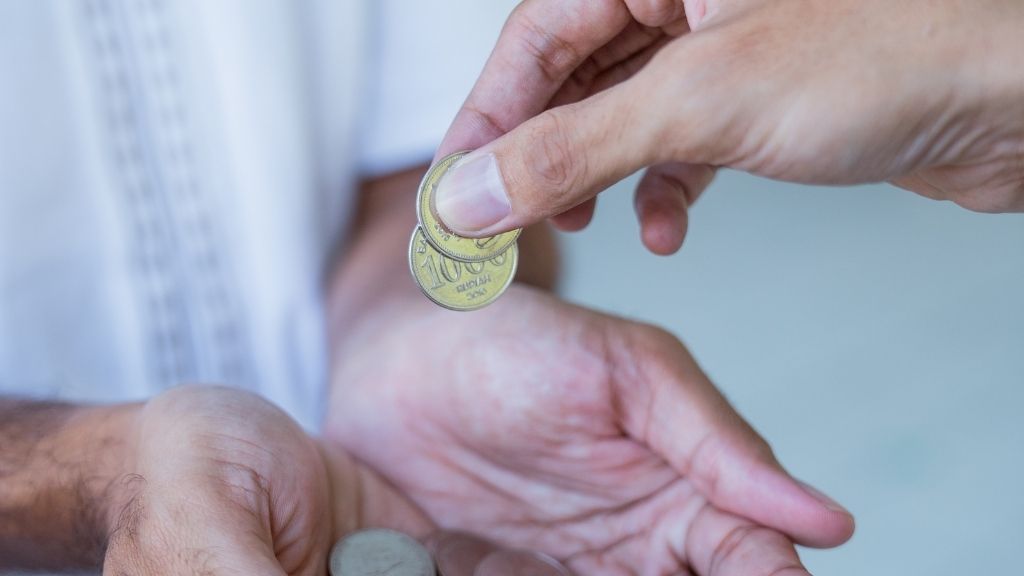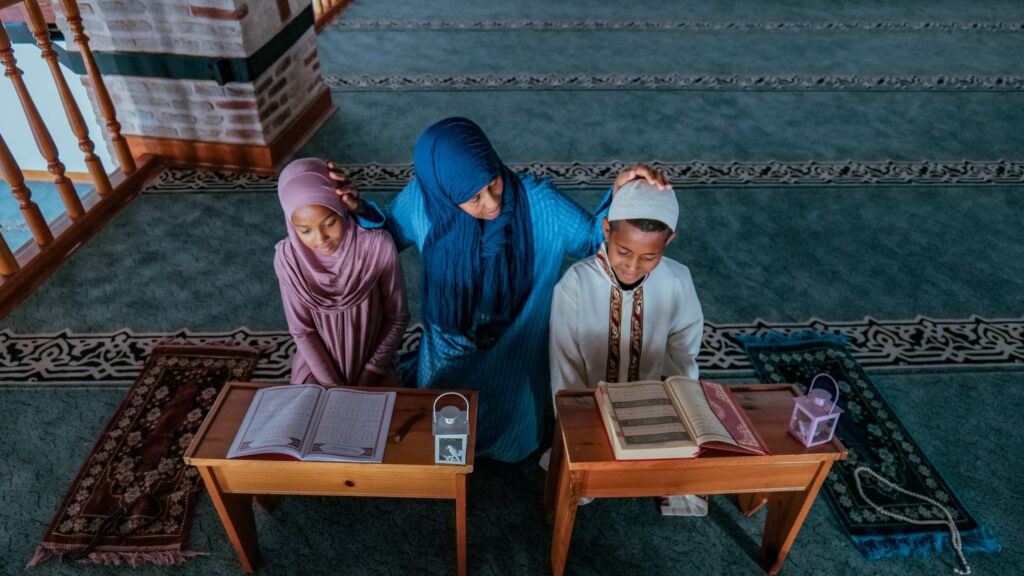
The Arabic proverb, “Education in childhood is like engraving on stone,” reflects the idea that learning in early childhood is deeply ingrained in the mind and remains fixed throughout life, much like engravings on stone. Proper early education plays a fundamental role in safeguarding the emerging generation, as the early stages of a child’s life are the most important for shaping their mind and behaviour. Education here becomes the effective tool for building a generation capable of facing future challenges with religious and moral values, and distinguishing between right and wrong.
Table of Contents
ToggleThe Role of Proper Early Education in Safeguarding the Emerging Generation
Early education contributes to building a child’s character in a positive way, teaching them the fundamental principles needed to understand life and its challenges. Thus, early education based on correct values can shield the generation from the negative influences they may encounter in the future. Islamic studies, for example, play a significant role in instilling the religious and ethical values a child needs to become a righteous member of society. Allah says in the Qur’an:
يَا أَيُّهَا الَّذِينَ آمَنُوا قُوا أَنفُسَكُمْ وَأَهْلِيكُمْ نَارًا
“O you who have believed, protect yourselves and your families from a Fire.” (Surah At-Tahrim 66:6)
This verse emphasises the responsibility of guiding and protecting the family through proper religious education.
What Can Be Taught at an Early Age from Islamic Studies
Among the most important Islamic teachings that can be taught to a child at an early age and are easy to understand are the basic tenets of faith (such as belief in Allah and His Messenger), manners in dealing with others, and the good morals that Islam calls for, such as honesty and integrity. Teaching a child some verses of the Qur’an, such as Surah Al-Fatiha and the short surahs like Al-Ikhlas and Al-Mu’awwidhatayn (Al-Falaq and An-Nas), is appropriate and easily comprehensible. The Prophet ﷺ said:
“مُرُوا أَوْلَادَكُمْ بِالصَّلَاةِ وَهُمْ أَبْنَاءُ سَبْعِ سِنِينَ”
“Command your children to pray when they are seven years old.” (Sunan Abu Dawood)
This hadith highlights the importance of introducing religious practices early on.
Education Through Role Model
Education by example is one of the most successful methods of parenting and teaching. Children naturally tend to imitate adults, and therefore, parents and teachers should be good role models in their actions and words. When a child sees those around them behaving with good morals and adhering to religious values in their daily lives, they learn from it naturally, without the need for direct instruction. This instils in them a love for goodness and righteousness. As the Qur’an says:
لَقَدْ كَانَ لَكُمْ فِي رَسُولِ اللَّهِ أُسْوَةٌ حَسَنَةٌ
“Indeed in the Messenger of Allah you have a good example.” (Surah Al-Ahzab 33:21)
This verse encourages following the Prophet’s example in all aspects of life, including education.
The Importance of Stories in Simplifying Learning
Stories play a major role in conveying ideas and concepts to children in a simple and engaging manner. Through stories, a child can learn ethical values and religious concepts in a captivating and enjoyable way. The Qur’an itself uses stories as an impactful teaching tool, containing lessons in monotheism, patience, and how to deal with life’s trials. For instance, the stories of the Prophets in the Qur’an provide profound lessons in faith, such as the story of Prophet Ibrahim (AS) and his unwavering belief in Allah. The stories of the Prophet Muhammad ﷺ and his companions also serve as a rich source for teaching children Islamic values.
How the Prophet ﷺ Taught Children
The Prophet Muhammad ﷺ was the best example in teaching children with love and kindness. He paid attention to them and was keen on teaching them in ways that suited their age and level of understanding. The Prophet ﷺ taught children through exemplary conduct, and he would guide them gently and give them practical advice for their daily lives. One famous example is his advice to the young Ibn Abbas رضي الله عنه, where he said:
“يَا غُلَامُ إِنِّي أُعَلِّمُكَ كَلِمَاتٍ، احْفَظْ اللَّهَ يَحْفَظْكَ”
“O young man, I will teach you some words: Be mindful of Allah, and He will protect you…” (Sunan At-Tirmidhi)
This hadith demonstrates how the Prophet ﷺ instilled profound values in a simple and affectionate manner.
The Prophet ﷺ also encouraged children and embraced them when they made mistakes, rather than punishing them, which made them feel safe and eager to learn. These effective methods attracted children to learning from the Prophet ﷺ and ensured that these lessons remained ingrained in their minds for life.
Conclusion
Investing in educating children at an early age is an investment in the future of the nation. Children are the hope of the future, and they will lead society towards progress and prosperity. Therefore, the family, school, and society as a whole must collaborate to provide an encouraging educational environment for children, helping them to grow and develop in a healthy and holistic manner.
Categories:
– Early education
– Islamic education
– children
– values
– ethics
– role model
– stories
– Prophet Muhammad ﷺ




